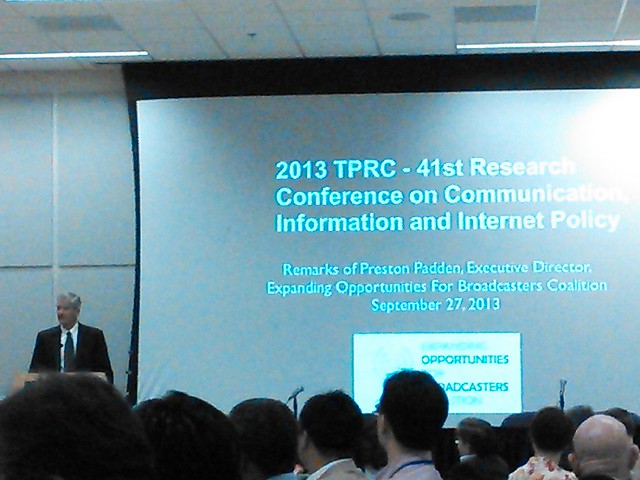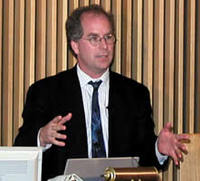
Regarding
Perry’s comment to the previous post,
the point is that the specific example on which Hardin based his thesis,
the one everyone cites in support of it, is not borne out by the evidence,
not that he presented any evidence for it in the first place.
Further, that it’s not a tragedy in the sense Hardin meant: that of a Greek tragedy in which a flaw of character inevitably leads to the demise of the protagonist.
Individuals are not inevitably disposed to claw out their own at the expense
of everyone else.
Sometimes people realize that there really is such a thing
as the common good; that benefiting everyone benefits themselves.
Yes, I know about the Sahara and the Sahel; I’ve been there; I’ve seen the goats
gnawing away at everything.
The solution is not state central planning: you cite Chinese lakes;
I’ll cite the Aral Sea.
The solution is also not privatization of the commons: look at the wildfires in the U.S. west exacerbated by subdivisions built in forests.
Solutions that work seem to involve combinations of innovation, education, and especially cooperation. Like this one:
In the late 1970s, when the problems of desertification, combined with
population growth, drought and grinding poverty in West Africa first
began to get sustained global attention, the prognosis was mostly
gloom and doom. And as has been well documented, foreign aid has been
less than successful in improving matters. In Yahenga, Reij and Fabore
note, efforts to modernize agriculture through large-scale mechanized
operations usually failed, for a variety of reasons. The spread of zai
hole planting spearheaded by Sawadogo was mostly carried out by the local
farmers themselves, with limited support from the government or foreign
donors. Those with access to labor dug the holes, and used local sources
of organic manure to fill them.
A tree grows in the Sahel,
Andrew Leonard,
How the World Works,
Wednesday, Oct. 4, 2006 11:22 PDT
The “free market” isn’t enough.
Cooperation on scales from local to global is also needed.
And it does happen, despite Garrett Hardin’s myth that it can’t.
-jsq












